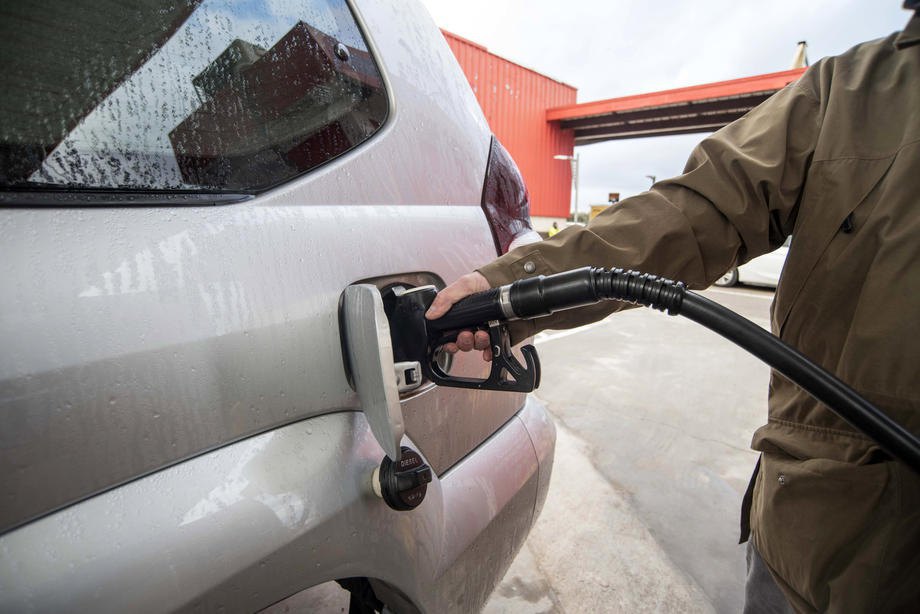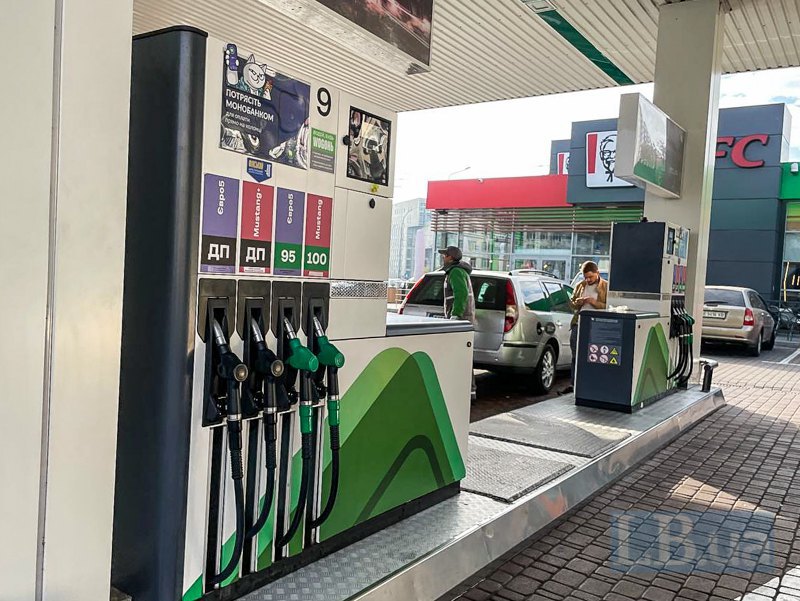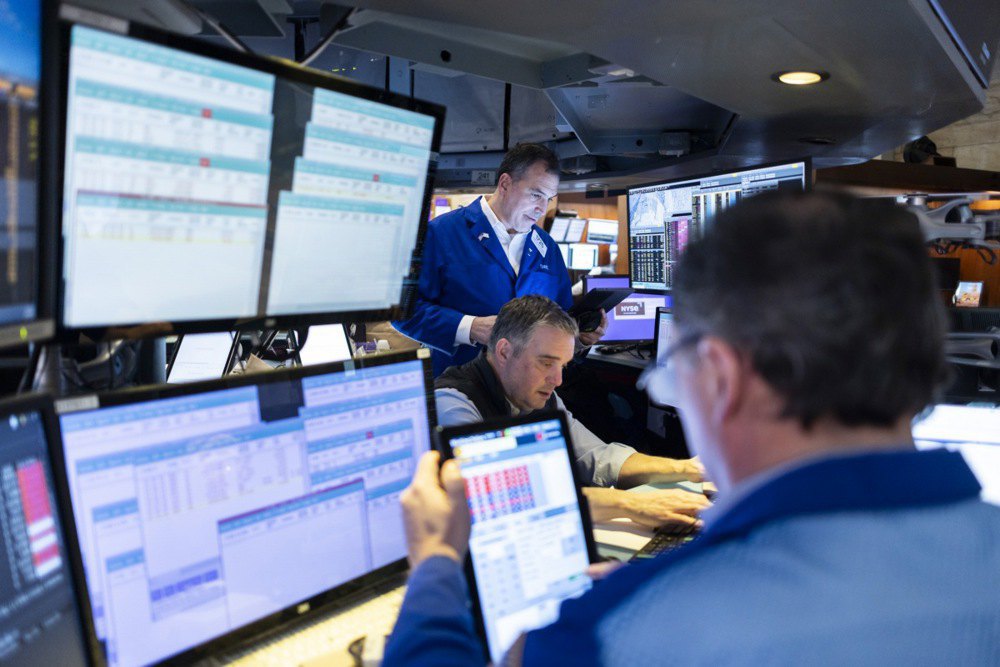
The main changes for drivers
Starting from 1 May, the fuel market will see an innovation — petrol will be mixed with bioethanol. Fuel will no longer be sold in Ukraine without additives. This step is quite predictable, as last summer the Verkhovna Rada voted and the President signed a special law. To give market players time to prepare, the document’s entry into force was postponed for almost a year.
As a result, starting in May, petrol sold at Ukrainian petrol stations must contain at least 5% bioethanol.
However, the legislation also provides for exceptions: fuel without alcohol impurities will continue to be purchased for the state’s strategic reserves. In particular, such petrol will be supplied to the Ukrainian Defence Forces.
The requirement to add 5% bioethanol to high-octane petrol will not apply either — that is, to premium fuel of A98 and above. On the one hand, its production is already much more complicated and costly. On the other hand, when the octane number is increased, such petrols are blended with various substances, including alcohols.
Bioethanol in petrol — Ukraine follows long-established global practice
Bioethanol in petrol is not a Ukrainian novelty, but a global practice. Ukraine will likely be the last country in Europe to implement it. For example, in most EU countries, the concentration of bioethanol in fuel is twice as high.
“This is not a fad, but a global experience. The European Union has been doing this for 15 years and, as you can see, no disaster has occurred. Cars are running — drivers are happy. By the way, in the EU, the share of bioethanol in petrol is 10%. There are countries with even higher figures,” explained Serhiy Kuyun, Director of A-95 Consulting Group.

Bioethanol is dehydrated alcohol, and there is plenty of it in Ukraine. However, not all distilleries can produce this substance, as it requires specialised equipment. The industry association states that Ukraine produces 420,000 tonnes of bioethanol annually.
“There are 18 plants in Ukraine that have dehydration equipment. Given that the petrol market reaches 2 million tonnes of consumption per year, we are talking about 100,000 tonnes of bioethanol. That is — our producers cover the demand many times over,” said Taras Mykolayenko, Executive Director of the Ukrainian Association of Bioethanol Producers.

Russian forces have destroyed refineries in Ukraine, and oil depots are under constant attack. Therefore, traders are reluctant to accumulate large fuel reserves — even more so to open new facilities for blending petrol with bioethanol. Most import contracts are signed for the finished blend.
This creates an interesting situation: Ukraine is a major producer of bioethanol, yet it will not be used domestically for blending with fuel in significant volumes. Instead, dehydrated alcohol is exported to the EU — where it is likely added to petrol. The finished fuel is then sold at Ukrainian petrol stations.
Why petrol will be diluted with bioethanol — three reasons and the risks involved
Bioethanol is added to fuel for several reasons. The first and foremost is to protect the environment. When burned in an engine, this type of petrol produces fewer emissions that harm the environment and contribute to global warming. It helps to reduce the amount of exhaust gases in cities. In Ukraine, this problem is particularly acute in Kyiv, Lviv and Dnipro — especially on hot summer days without wind.
Ukraine is also a candidate for EU membership, which means it must gradually adopt the environmental rules and regulations introduced by the European Commission. In fact, adding bioethanol to petrol is one of them.
“We actually jumped on the last train, because almost the whole world is blending. I think that our 5% of bioethanol is just the beginning, and this share will continue to grow,” suggested Oleksandr Sirenko, an analyst at Naftorynok Consulting Agency.

The second reason for adding bioethanol to petrol is an attempt to reduce the country’s dependence on imported petroleum products. Since 2022, Ukraine has been relying entirely on foreign petrol purchases. Therefore, the state is sensitive to any fluctuations in the market — whether it is a change in oil prices or Polish farmers blocking the border.
The logic behind the government’s actions is clear: on the one hand, it wants to reduce petrol imports by 5% organically and without harming the market. On the other hand, Ukraine has enough of its own inexpensive bioethanol. However, this scheme is not working so far because of the war.
The third reason is to support the Ukrainian agricultural sector. Bioethanol is produced from grain or, for example, beetroot. However, again, due to the Russian–Ukrainian war and the destruction of the oil refining industry, farmers are unlikely to benefit from innovations in the fuel market.
“What is the real goal here? They say we are fighting for the environment. During the war, it sounds strange when huge oil depots are burning down. In fact, it’s simpler than that. We have successfully sold many distilleries. We decided to let them earn money — and we need to talk about this openly. In my opinion, this is not the right time at all,” says Dmytro Lyoushkin, founder of the Prime logistics group of companies.

“Since 2012, we have been working towards this and overcoming the oil lobby. This is an element of Ukraine’s energy independence and protection of national interests. The only countries that do not have bioethanol in petrol are those under Russian protection — and Saudi Arabia,” said Taras Mykolayenko, Executive Director of the Ukrainian Association of Bioethanol Producers.
The government has explained the introduction of the innovations, but has not yet answered the question of who will control the quality of the fuel and how. So far, there will be no fines for dealers for violating the norms of bioethanol concentration in petrol. The special methodology and documentation are still being approved.
And problems can arise: if water gets into bioethanol petrol, the mixture will simply stratify — meaning that cars cannot be fuelled with it any further. If this does happen, it is still unclear what drivers should do and who to complain to.
Bioethanol in petrol itself is not harmful to cars. The issue lies in compliance with storage standards for the mixture. For example, a poorly dried storage container with water residues can spoil the entire batch of petrol. In such circumstances, traders themselves should be interested in complying with the rules and regulations.
“In the first few months, consumers may face unpleasant surprises — and this cannot be ruled out. Market participants will also have more trouble,” said Serhiy Kuyun.

What will happen to fuel prices — why petrol might get cheaper despite new additives
Purchases of petrol blended with bioethanol are more expensive than regular petrol. The main suppliers of fuel to Ukraine are Poland, Lithuania, Germany and Romania. In the EU, the share of dehydrated alcohol in the mixture is higher — meaning that suppliers will have to produce a different type of fuel specifically for Ukraine. This requires setting up separate blending lines, which incurs additional costs. Potentially, a litre of petrol with bioethanol could cost about 50 kopecks more.
“Bioethanol varies, and in the EU its price can be up to $200 per tonne. Ukrainian petrol stations buy the ready-made mixture from abroad, and it is indeed more expensive. But I wouldn’t say these are critical amounts — around $5–20 per tonne of petrol. It’s a penny per litre at the pump, and no one will add it to the numbers on the steles,” says Oleksandr Sirenko, an analyst at Naftorynok Consulting Agency.
In other words, fuel market experts are actually predicting the opposite scenario: in May, both petrol and diesel may become cheaper. The reason is simple — the global oil price has dropped. After the sharp fall, enough time has passed for the cheaper oil to be processed and for lower-cost fuel to reach Ukrainian filling stations.

The price of Brent crude oil has hovered at $64 per barrel for the past two weeks. This is more than $10 cheaper than in early April. And there are no signs that oil will rise in price — production is growing. The greater the supply on the market, the lower the price.
Over the weekend, several Ukrainian petrol station chains offered significant, albeit temporary, discounts. In some places, the reduction reached UAH 5 per litre for petrol and diesel. Overall, however, prices at petrol stations did not drop significantly in April.
On average, petrol at Ukrainian filling stations is sold for UAH 54.80 per litre. The price has fallen by less than a hryvnia since March. The situation with diesel is similar — its average price is UAH 53.50 per litre. The price of automotive gas has also slightly decreased since the end of March, and a litre now costs around UAH 35.30.
“At the beginning of April, oil fell by more than 10%, and we will definitely see this reflected at our petrol stations in May. I think petrol and diesel should fall by UAH 2–4 per litre. Prices on the wholesale markets dropped immediately. For example, the wholesale price of diesel at the entrance to Ukraine was UAH 40,” said Oleksandr Sirenko.
The National Bank has also revised its fuel price forecast for 2025. It believes that the cost of petrol and diesel will remain largely unchanged this year. Although there was a price jump at the beginning of the year, it was due to the introduction of new fuel duties. At the same time, the decline in oil prices will smooth out the effect of higher excise taxes.








